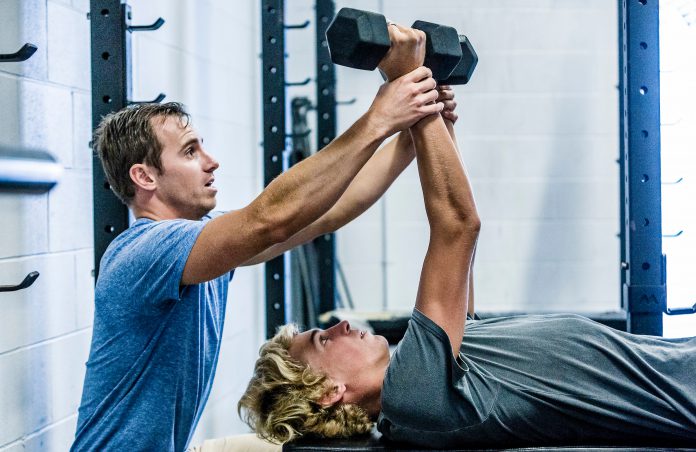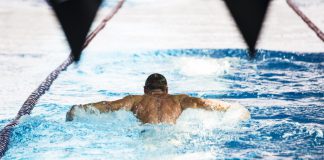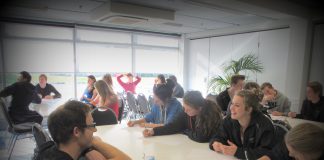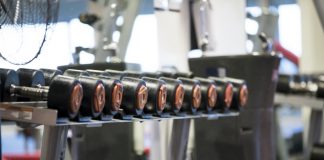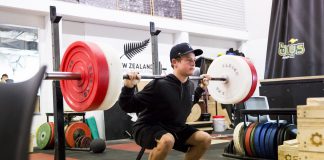“Just some guy doing weird stuff with surfing.”
Dr Olly Farley is used to having to justify his career choice. Combining his passion for surfing with sports science raised eyebrows from the beginning, with many questioning what he intended to do with it. With masters research which received international attention, and a PhD completed at the high performance training base of Surfing Australia, Olly feels that just like a good wave, timing is everything. “There’s a revolution happening in board sports at the moment,” he says. “They are becoming more demanding, and athletes are starting to see that in order to stay on tour, they need to increase their physical abilities.”
Olly has launched Farley Performance Training (FPT), specialising in sports-specific training for surfers, snowboarders, skateboarders, wakeboarders and other extreme athletes. His years of research into the physical demands and requirements of surfing has equipped him to apply his expertise to related disciplines. “Many of the fundamental aspects of board sports all correlate,” he explains. “There are obvious differences – surfing is back foot-generated, whereas snowboarding is front-foot – but all athletes tend to demonstrate classic mobility issues with ankles, knees and hips. Having done all of these sports myself, I know how to translate my research to the specific aspects of these sports.”
It’s not uncommon for professional athletes to seek help with their strength and conditioning, but it’s never been part of the board sports scene. Picture the stereotypical surfer, and professionalism isn’t always the first word that comes to mind. “Surfers surf because they love it, that’s all they want to do,” says Olly, himself a keen surfer. “They’ve never trained as a high performance athlete because they’ve never seen themselves as one.” One of Olly’s biggest challenges has been explaining why and how his research will help these sports. He breaks down his proven sports science data and applies it to practical situations to resonate with athletes. “You have to speak their language,” he laughs. “If I explain that chin ups are directly related to paddle speed, or that having stronger legs will help your speed and spray, which are cues for judges, then they start to get it, they’re interested.”
Surfing in particular has been the basis of Olly’s work, as once he found his niche, his research took off. His master’s research, completed through AUT University, resulted in featured articles on ESPN, the New York Times, and Surfer Magazine, the biggest international surfing publication. “The gap in the research was worldwide,” he recalls. Unsurprisingly, Australia was at the forefront of setting up a professional programme, and Olly was recruited as Surfing Australia’s lead exercise physiologist for three years while completing his doctoral study. Since returning home, he has been focused on setting up a high performance programme for Surfing New Zealand, with their first camps held earlier this year.
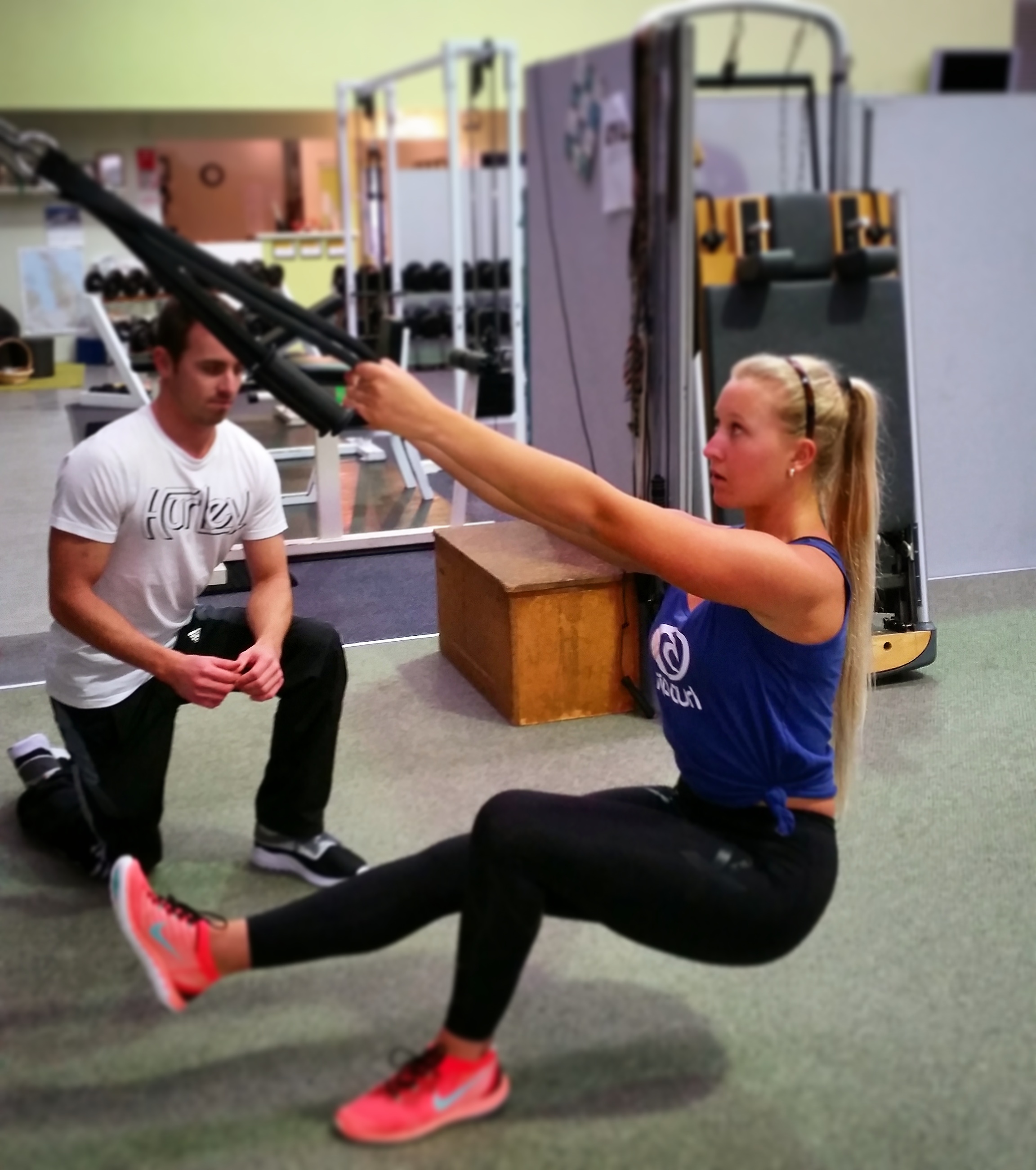
The professional surfing scene is quite small in New Zealand, but Olly is hopeful for the current crop of juniors. “We want to establish the high performance programme to help the guys and girls coming through,” he says. “They definitely have the talent to do well, so it’s about setting them up with the right people to support them, rather than them trying to make it on their own.” He specifically sees potential in our large Polynesian population. “Surfing was founded in the Pacific triangle, yet a lot of Pacific people aren’t involved anymore,” Olly comments. “We see Pacific athletes succeed in other sports, because they’re powerful, and power athletes do well in board sports. If we can get our Polynesian communities more exposure to these sports, they would probably produce good results.”
Part of the revolution in board sports has been their inclusion in the Olympic Games. Skateboarding and surfing will feature for the first time in Tokyo 2020. This has increased and accelerated the interest in performance programmes in these sports. “You don’t necessarily think of China when you think of surfing, but they’ve put together a team and I wouldn’t be surprised if they do well,” Olly tells. “Board sports are about body awareness when flipping and rotating, and with their strong gymnastics history, Chinese athletes are likely to perform very well on a board.” With the rise of wave pools and wave gardens, landlocked countries are able to simulate big waves and hone their techniques. “That’s the way surfing is going,” muses Olly. “Take the weather and tide aspects out of it, and it comes down to pure skill on a wave. That might frustrate some purists, but, much like X Games for snow sports, the bigger air and harder tricks are loved by sponsors and the crowds. They bring the money in.”
Olly has worked with skaters and snowboarders, and is looking forward to the opportunity to work with more athletes. “No one else is offering this service in these sports. So many athletes have told me they’ve been wanting a programme like this but didn’t know where to start. Being based at AUT Millennium, we’re in a high performance facility, with other top athletes training here, and our board sport athletes get excited to be in this environment.”
With FPT and the Surfing New Zealand programme off the ground, Olly hopes both will help elevate board sports in New Zealand. “My biggest goal would be for demand to be so great that we can have a dedicated facility for board sports, a central hub,” he says. “I’d like to make these sports more accessible to athletes who may be disadvantaged, or those who wouldn’t normally have exposure to them.” With professional avenues growing within board sports, emerging athletes will have every opportunity for success. “There’s more professional tours, Olympic qualification and competition, and with a good training base, our athletes should have better career longevity than previously seen in these sports. The landscape is changing and it’s a cool time to be involved.”
You can follow what Olly and the FPT athletes are up to on Instagram.

























